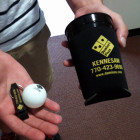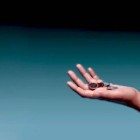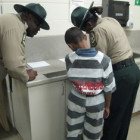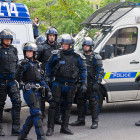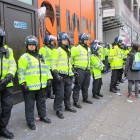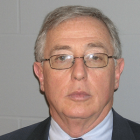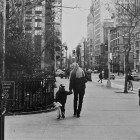
Retweet it: Welcome to the Dictionary
|
For thy sweet sexting remembered such wealth brings, that then I scorn to change my state with kings? The majestical cyberspace fretted with golden fire – why it appears no other thing that a foul and pestilent congregation of vapors. In time the savage cyberbully doth bear the yoke. Apologies to Shakespeare, the man who did not have the advantage of referencing the Oxford English Dictionary when he penned Sonnet 29, Hamlet and Macbeth about half a millennium ago. Lucky him.
